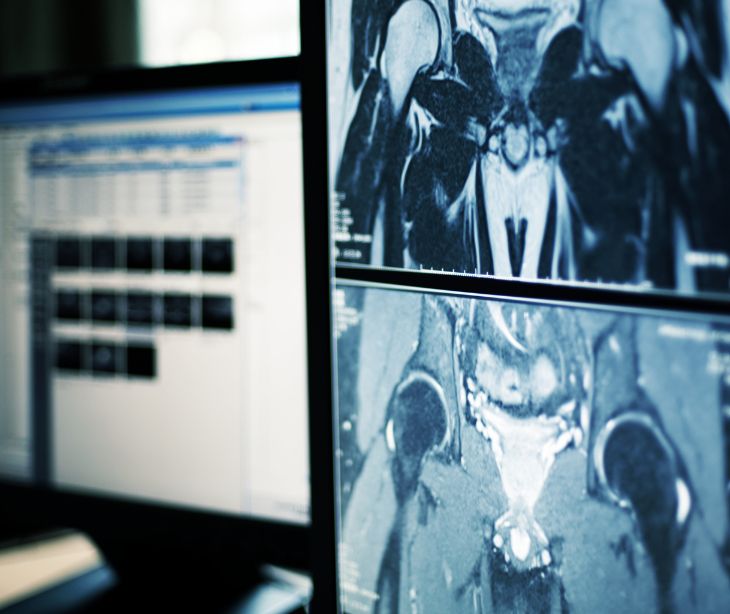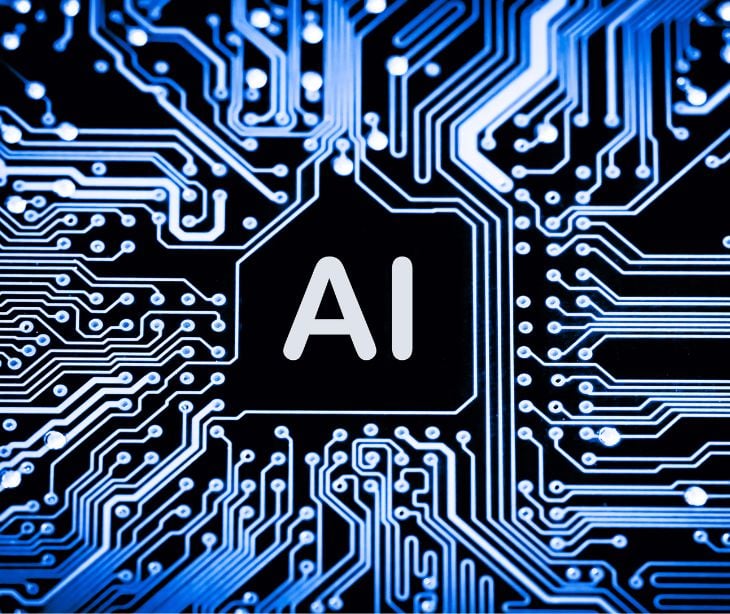
Private blockchains restrict access to approved participants only. This is useful when protecting sensitive patient data, allowing it to only be accessed by authorized healthcare providers, reducing the risk of data breaches.
Understanding private blockchain
A private blockchain operates as a secure and permissioned digital ledger within a closed network of known and trusted participants. Unlike public blockchains, which are open to anyone, access to the private blockchain is restricted, and only authorized entities can participate. Participants use cryptographic keys or digital certificates to gain entry. Transactions are submitted to the network and undergo validation by the participants.
Upon consensus agreement, validated transactions are grouped into blocks, which are then added to the blockchain in a chronological and immutable manner. The private blockchain offers data privacy, as sensitive information is visible only to those with appropriate permissions.
Why is private blockchain useful?
Enhanced data privacy
Private blockchains restrict access to authorized participants only. This means that healthcare organizations can ensure that sensitive patient data remains confidential and is only accessible to individuals with proper permissions, reducing the risk of data breaches and unauthorized access.
Controlled access
HIPAA requires that healthcare organizations control access to patient data. Private blockchains allow organizations to manage permissions and access levels for different participants, ensuring only approved individuals can view and update specific information.
Immutable and auditable records
Transactions recorded on a private blockchain are immutable, meaning they cannot be altered or deleted. This feature enhances data integrity and creates an auditable trail of all activities related to patient data, which is crucial for demonstrating compliance with HIPAA regulations.
Secure data sharing
Private blockchains enable secure and efficient data sharing among trusted parties within the network. This can be especially useful for healthcare providers collaborating on patient care while ensuring that data remains protected and compliant with HIPAA regulations.
Consent management
HIPAA mandates that organizations obtain patient consent for certain uses and disclosures of health information. Private blockchains can facilitate a secure and transparent method for obtaining and managing patient consent, ensuring compliance with HIPAA's consent requirements.
Smart contracts for compliance automation
Private blockchains can utilize smart contracts, self-executing code with predefined rules. These smart contracts can automate certain compliance processes, such as data access control, data sharing agreements, and consent management, thereby streamlining compliance efforts.
Data integrity and non-repudiation
Private blockchains provide cryptographic mechanisms to verify the authenticity and integrity of data. This feature helps establish non-repudiation, ensuring that data changes and transactions are traceable to specific users, which is essential for maintaining the integrity of healthcare records.
See also: Basics of the blockchain in healthcare
Examples of systems and software that can make use of private blockchain
- Electronic health records (EHR) management: Private blockchains can be used to securely store and manage EHR systems. Each patient's medical information is cryptographically secured, and access is restricted to authorized healthcare providers. This allows for seamless sharing of patient data between hospitals, clinics, and specialists while maintaining patient privacy.
- Health information exchange (HIE) platforms: Private blockchains can power health information exchange networks, enabling secure and interoperable sharing of patient data among different healthcare organizations. This can lead to faster and more accurate diagnoses, improved treatment planning, and reduced medical errors.
- Medical supply chain tracking: Blockchain can be utilized to track the movement of medical supplies and pharmaceuticals throughout the supply chain. This helps prevent counterfeit drugs from entering the market and ensures the authenticity and quality of medical products.
- Clinical trial data management: Private blockchains can improve the transparency and integrity of clinical trial data. Researchers, sponsors, and regulators can securely access and verify trial data, ensuring that trial results are trustworthy and reliable.
- Medical credentialing and licensing: Blockchain can streamline the process of verifying and maintaining medical practitioner credentials and licenses. This ensures that healthcare professionals are qualified and authorized to provide medical services.
- Healthcare IoT and medical device data: Private blockchains can securely store and manage data from healthcare Internet of Things (IoT) devices and medical equipment. This enhances data integrity and privacy, ensuring that critical medical data is not tampered with or accessed by unauthorized parties.
Subscribe to Paubox Weekly
Every Friday we bring you the most important news from Paubox. Our aim is to make you smarter, faster.




